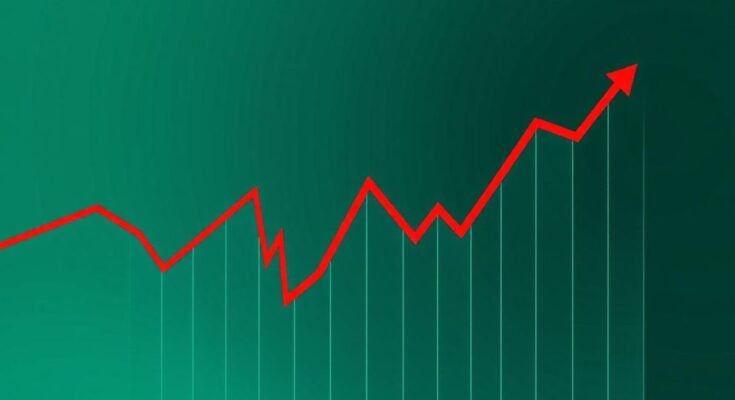Tesla stock has declined due to concerns over its self-driving technology and competition from BYD, which launched a fast-charging system. Analysts have lowered their forecasts for Tesla’s sales and revenue, resulting in significant stock price drops. Tesla plans to introduce a cheaper Model Y SUV in China next year.
Tesla shares experienced a decline, continuing a downward trend observed over the year. Recent developments revealed that BYD, a Chinese electric vehicle manufacturer, introduced an ultra-fast charger capable of fully powering a vehicle in just five minutes, with plans to launch vehicles utilizing this technology next month. Consequently, Tesla’s stock fell over 4%, marking a year-to-date decline exceeding 40%.
Analysts have expressed concerns regarding Tesla’s self-driving and robotaxi initiatives in China and Europe, resulting in lowered forecasts. RBC Capital has adjusted its price target for Tesla, reducing it from $440 to $320 due to a deteriorating outlook for its technological advancements. The consensus target for Tesla’s shares stands at approximately $359, according to data from Visible Alpha.
Oppenheimer’s assessment indicates that Tesla may deliver 30,000 fewer vehicles than initially estimated, which leads to a revised fiscal 2025 revenue projection of approximately $97.9 billion — a reduction of 2%. BYD’s Super e-Platform promises a driving range of around 250 miles, similar to the refueling time of conventional gasoline vehicles, further solidifying its competitive edge in the market.
In response to these developments, Tesla is reportedly planning to introduce a more affordable version of its Model Y SUV in China next year. The stock has faced significant pressure recently, influenced by various external factors, including leadership changes within the company. Since the beginning of the year, Tesla’s stock value has almost halved as it approaches a possible ninth consecutive week of losses.
In summary, Tesla’s stock has plummeted amid growing competition from BYD and concerns regarding its self-driving technology. Analysts from RBC Capital and Oppenheimer have revised their outlooks, which further contributes to investor skepticism. With a competitive market emerging and Tesla’s plans for a new vehicle version in China, the company faces both challenges and opportunities in the coming months.
Original Source: www.investopedia.com




